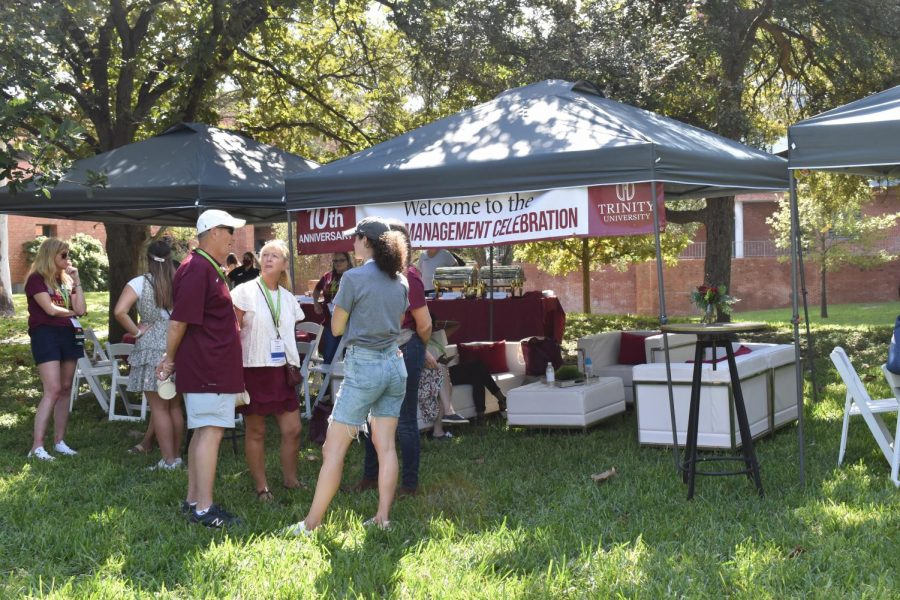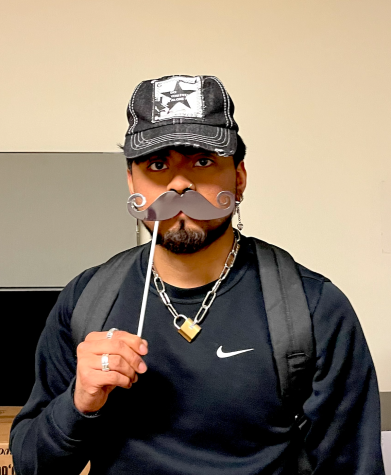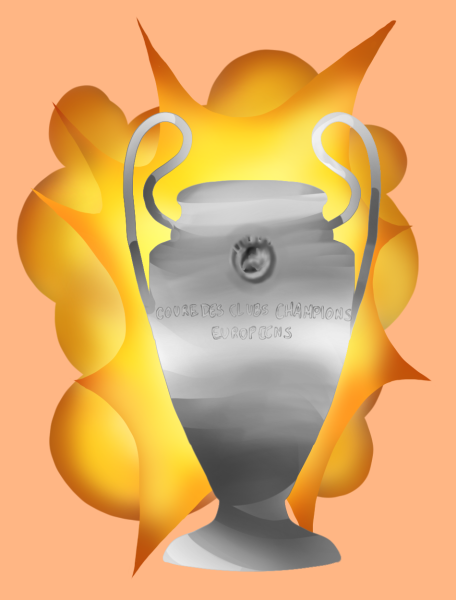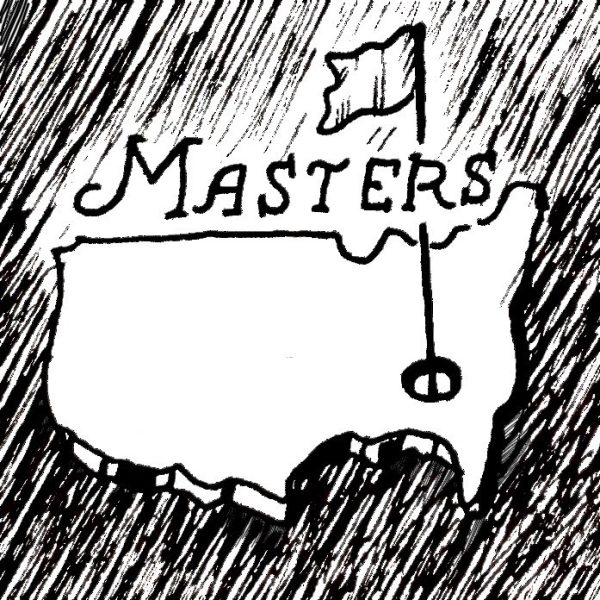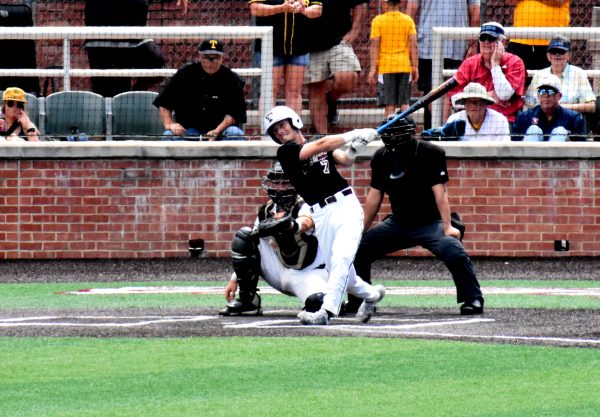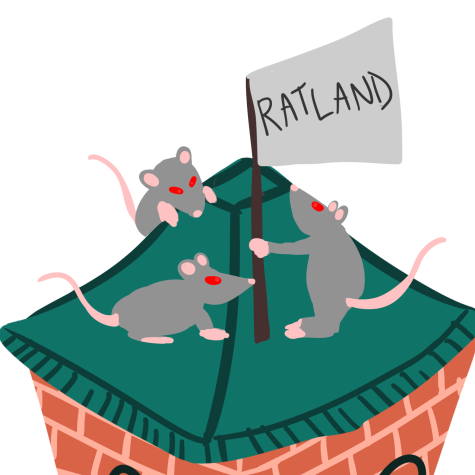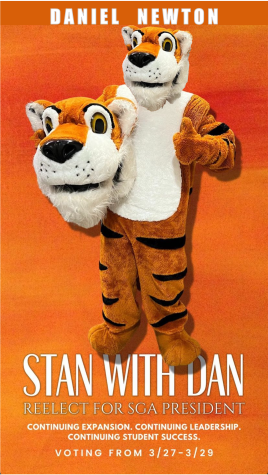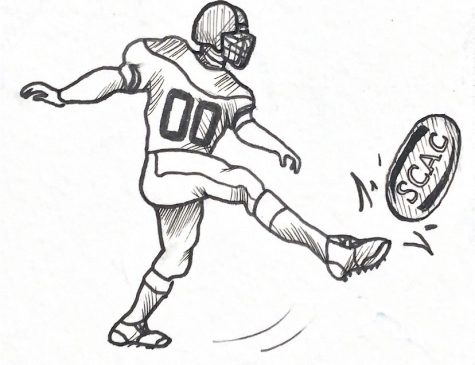Sports management minor celebrates 10 years, one year late
A look at the sports management minor and its impact 11 years after the program was founded
Sports Management is a minor that many people might not have heard of. It is certainly not the first thing students think about when they are applying to Trinity. If you ask a lot of alumni whether they were in the program, they’d likely say “no”. This is due, in part, to the youth of the program. Because of COVID-19, the sports management minor was unable to celebrate its 10th anniversary last year. However, plans are full steam ahead in 2021, and the alumni weekend featured a grand celebration.
Dr. Jacob Tingle, the director of the sports management program, has been with the program from day one, forming it in 2008. Since then, the program has evolved from just an idea to a subject he’s proud of. As the Assistant Athletic Director for Trinity, he served as the interim Chair of Physical Education for a semester after his predecessor retired. Throughout that time, conversations with fellow peers and faculty led to the original course “map,” which guided the minor throughout its early stages.
Thanks to engagement with the community, Tingle is proud of the program’s evolution to where it is today. One difference that makes Trinity’s program stand out compared to other sports management programs is its class structure, which contains students from a wide variety of academic backgrounds, according to Tingle.
“A lot of sports management programs that are majors don’t necessarily prepare people to work in the sports industry,” Tingle said, “Because it’s a minor, our students are majoring in something else, and then they apply what they’re learning in their majors to projects and work in our classes. By nature, every class is interdisciplinary because everyone brings their own unique lenses of how they see the world. In just one class, I’m teaching 11 students with at least five different majors.”
The minor prizes collaboration between students and prepares them for life and their future careers.
“Whether you want to work in sports or any other industry, you’re going to have to work with people who have different experiences and different ways of viewing the world. The way our classrooms are set up helps prepare students for life after Trinity — either directly, in the world of sport, or an organization somewhere,” Tingle said.
The minor teaches students about the basis of sport management, but it’s far from just a set of purely educational classes. Along with work in the classroom, the course gives students such as junior Brian Yancelson a chance for real-world experience.
“Being in sport management has provided me with some of the best real-world experiences that I’ve had at Trinity. From the very first month I was here as a first-year student, I got to volunteer at the Alamodome for the Mexico vs. Argentina Soccer match. It was all because I was in the program, got to apply and got the opportunity. My classes have been great as well. It has brought something that I’ve grown up loving, sports, and allowed me to apply it academically in a way I never thought possible,” Yancelson said.
Officially listed as a minor at Trinity, sports management gives students life-changing experiences both abroad — with the Sport in England event — and at home with volunteer work. Students come from all over the academic spectrum for classes that teach students about the inner workings of sports and give them real-world experiences. Senior Avery Tuggle is more than thrilled to have taken part in the sports management curriculum over her time at Trinity.
“Trinity’s sport management minor program has had such an incredible impact on me,” Tuggle said.
One of Tuggle’s favorite experiences was Sport in England, which takes students to London for the Christmas Break to examine the differences between American and British sports systems.
“It is definitely one of the most life-changing experiences I’ve had to date. You learned so much about not only the sports industry but about yourself by going abroad. I had never really gotten out of my comfort zone, but I knew I needed to, and Sport in England was exactly what I needed,” Tuggle said.
Work in the minor isn’t all travel, unfortunately. The classwork is obviously there and, like everything else at Trinity, is meant to challenge students. These classes are a mix of both fun and educational, much to students’ delight.
“To come to Trinity and take classes that revolve around sports — what more could you ask for?” Yancelson said. “I’ve just loved going to classes and being with other people who love sports. I’m not an athlete here, but I love sports, and a lot of classes have athletes. Being immersed in the athletic scene at Trinity has been by far the best byproduct of sports management.”
Tuggle agreed, noting how insightful the courses were.
“All of the courses I took to complete the minor were not only the most enjoyable classes but also the classes that taught me the most about myself. Within this minor, learning about yourself, your leadership styles, how you’re motivated and how to best collaborate with one another is a given. The knowledge you learn about the industry is bar none, and what really differentiates the sport management minor is the application of the learned concept. Not only do you learn it, but Dr. Tingle also makes sure that you live it,” Tuggle said.
On top of the coursework, community service is a large part of the program. With connections to groups such as First Tee Golf Instruction and San Antonio Sports, students commit at least 50 hours to local non-profit sports agencies to help increase involvement in the area. This experience is a requirement that helps students engage with the community and explore their passions, according to Tingle.
“We’re in our fifth year for community service being a requirement. A lot of students work with organizations that are meaningful to them before coming to school, or they discover people they are passionate about working with,” Tingle said.
In addition to community service, students must write a reflection of their time and experiences to help them understand why their work matters.
“We do it to teach students how they impacted lives — the people they worked with, their organizations — and also find how they were impacted on that day. I don’t think there are many other academic programs at Trinity that require community service or volunteer experience. It’s a point of personal pride that we have students engaged in the community off-campus in meaningful ways,” Tingle said.
No matter what area of study students may come from, the minor is intended to provide students with memories and skills that will last a lifetime. From expanding their worldview to bringing students together in the classroom, the sports management program has effects both on campus and on the job. Though not every student will end up in sports, Tingle hopes that the curriculum can give students different experiences that prepare them for life. Tuggle, who graduates in December, is thankful to have had the opportunity.
“I’ve used so much of what I learned in the sports management program already. Whether my career takes me fully into the sports industry or not, what I’ve learned from Trinity University’s sport management program will always guide me. It has shaped my perspective on many things, and much of it is incorporated into my daily life,” Tuggle said. “I’m incredibly grateful for the knowledge, networking and relationships that the program has given me. I guarantee the program will have an incredible effect on many more classes to come.”
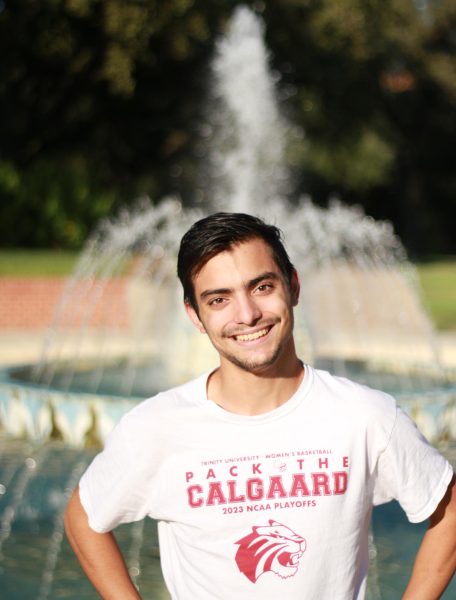
Hey! I'm Caleb Reed, and I'm the new Sports Editor for the Trinitonian this year. I love all kinds of sports and I've got a passion for both commentary...

My name is Claire Sammons and I am an Anthropology and Communications double major. I have worked for the Trinitonian since fall of 2020. I became a photographer...

